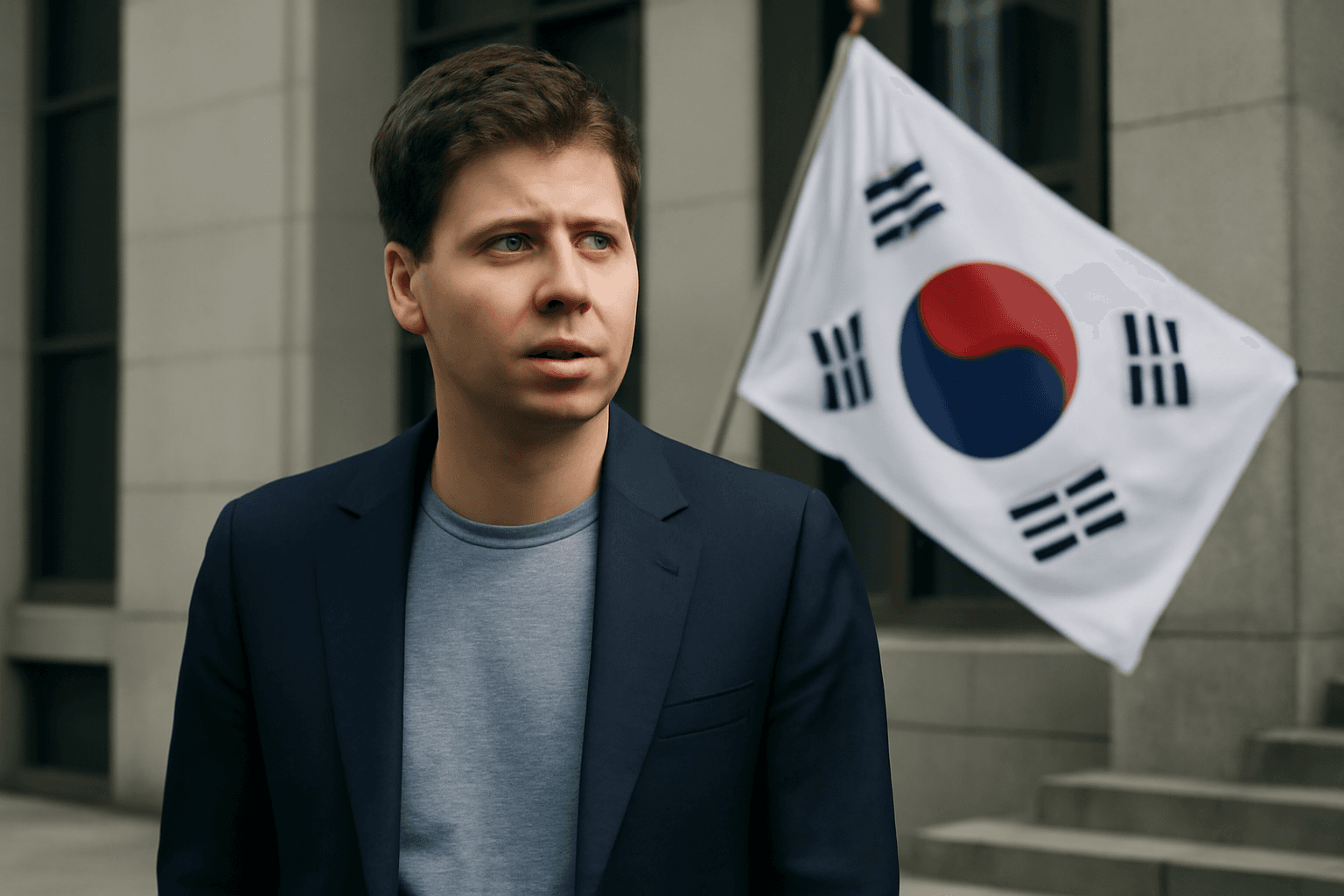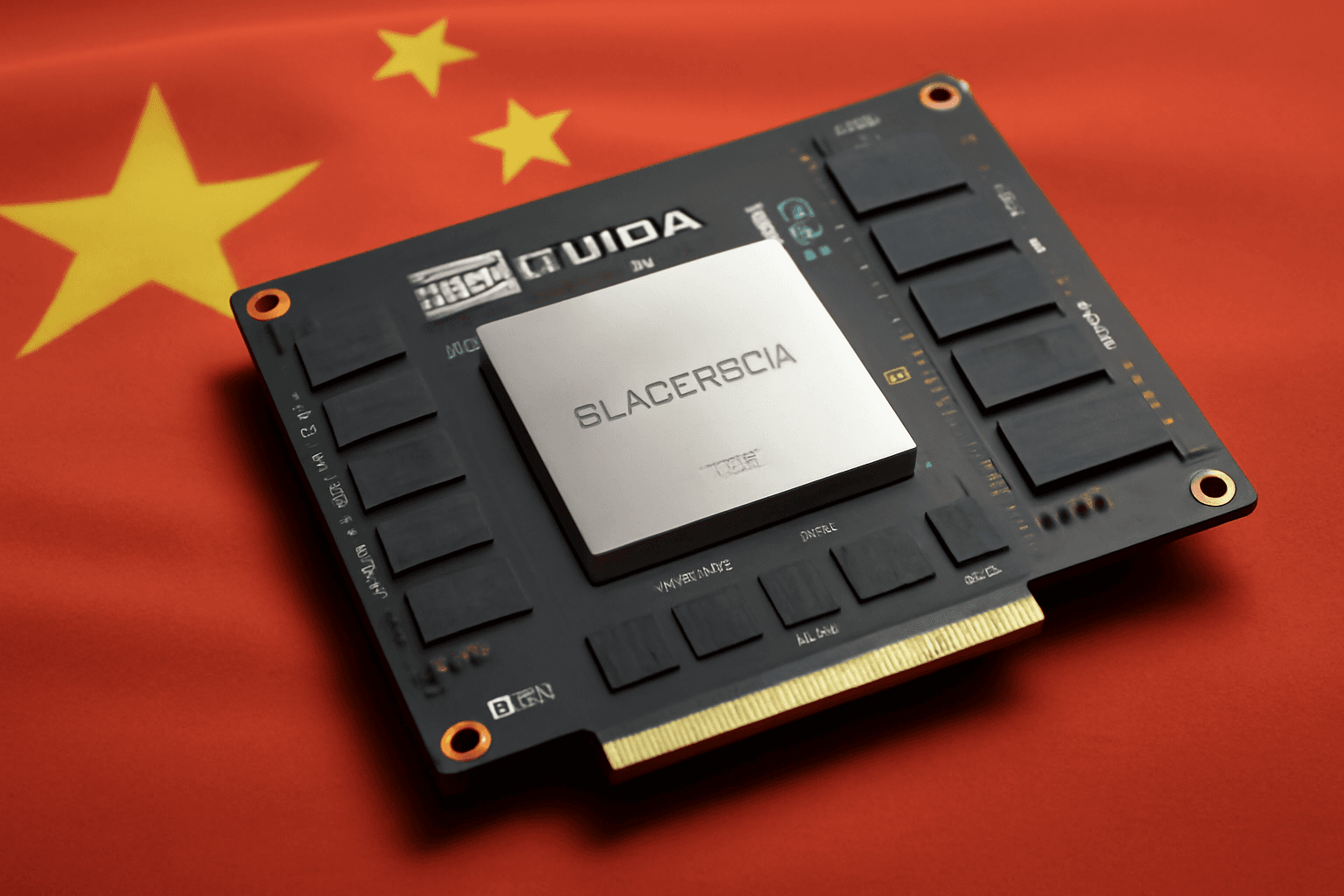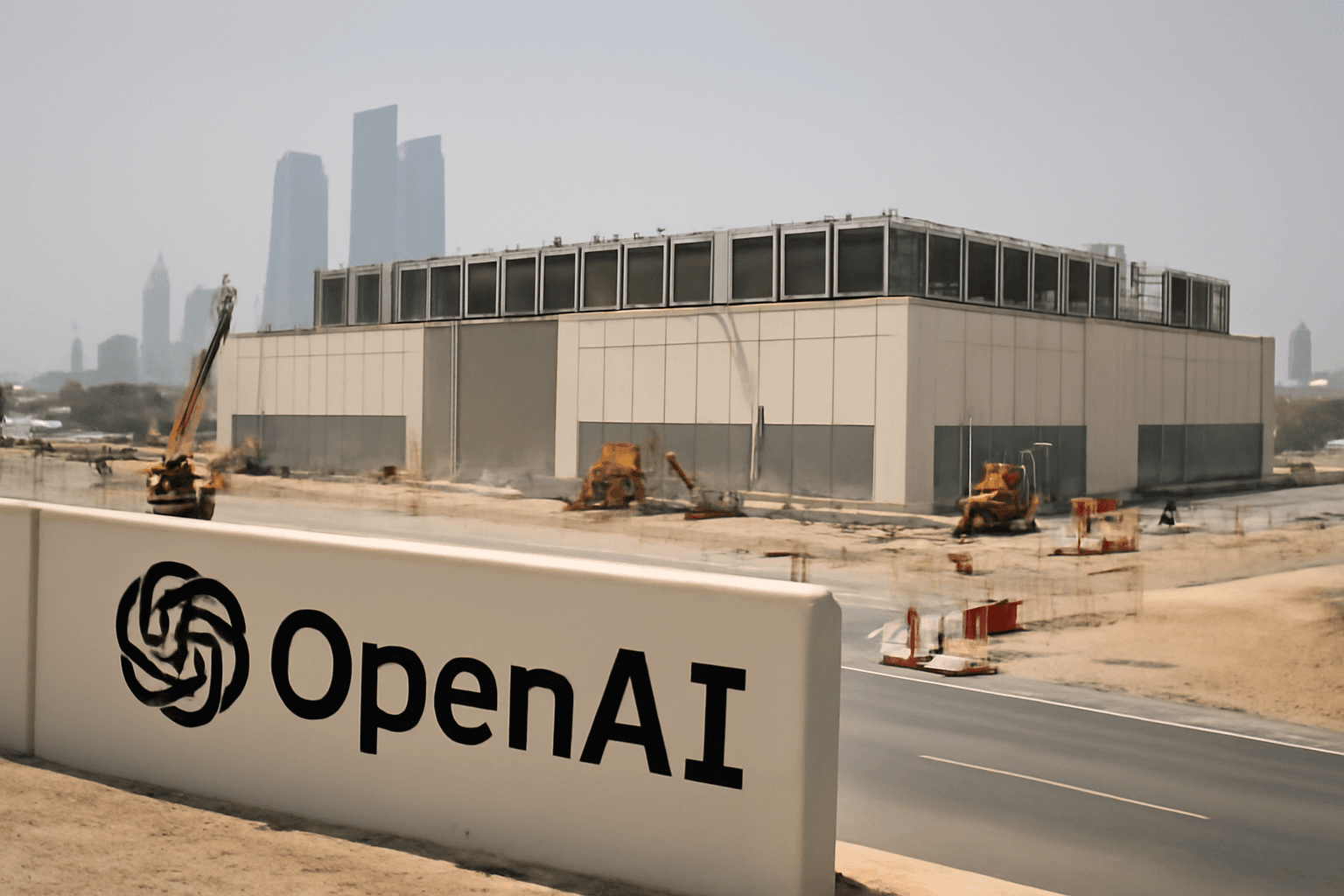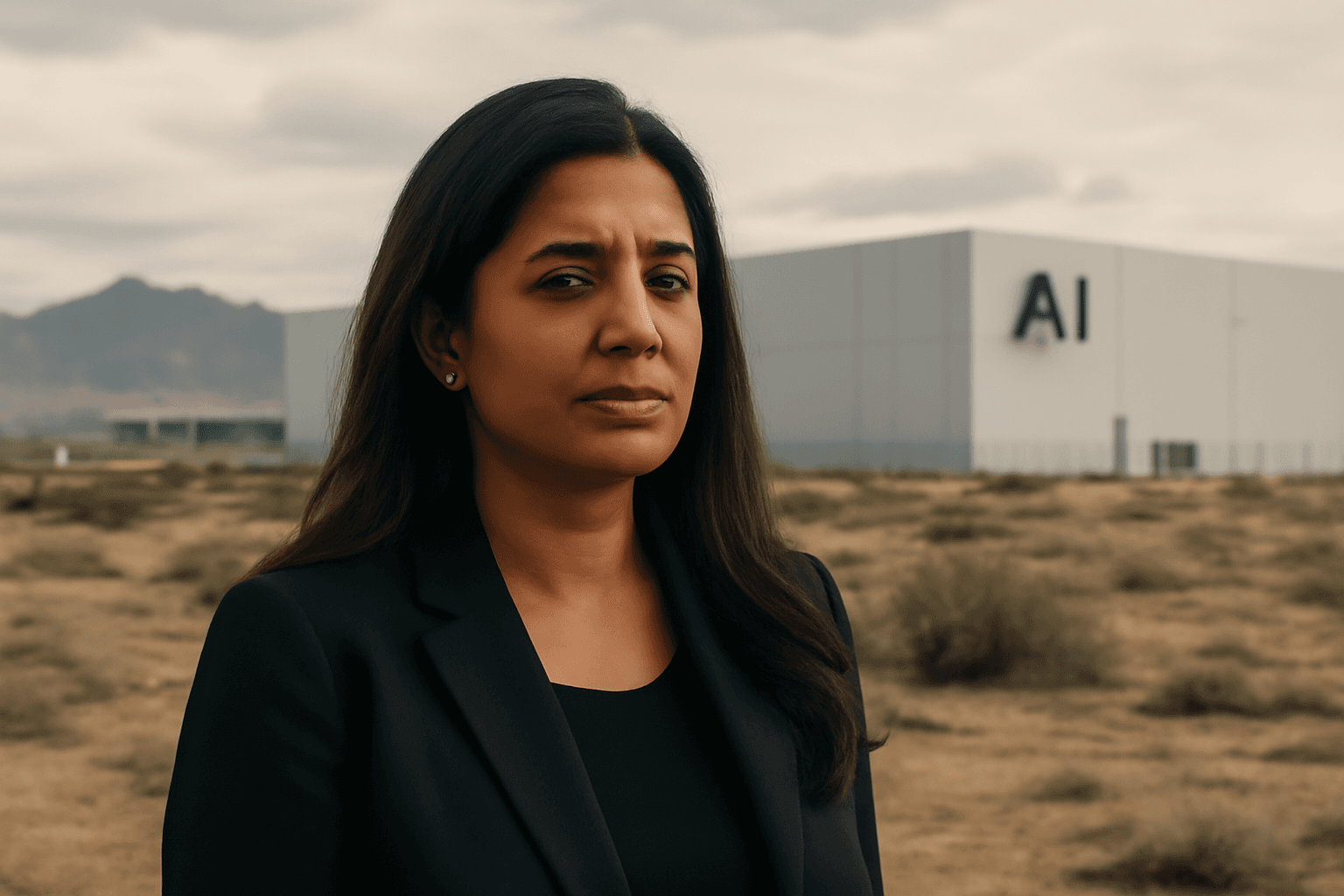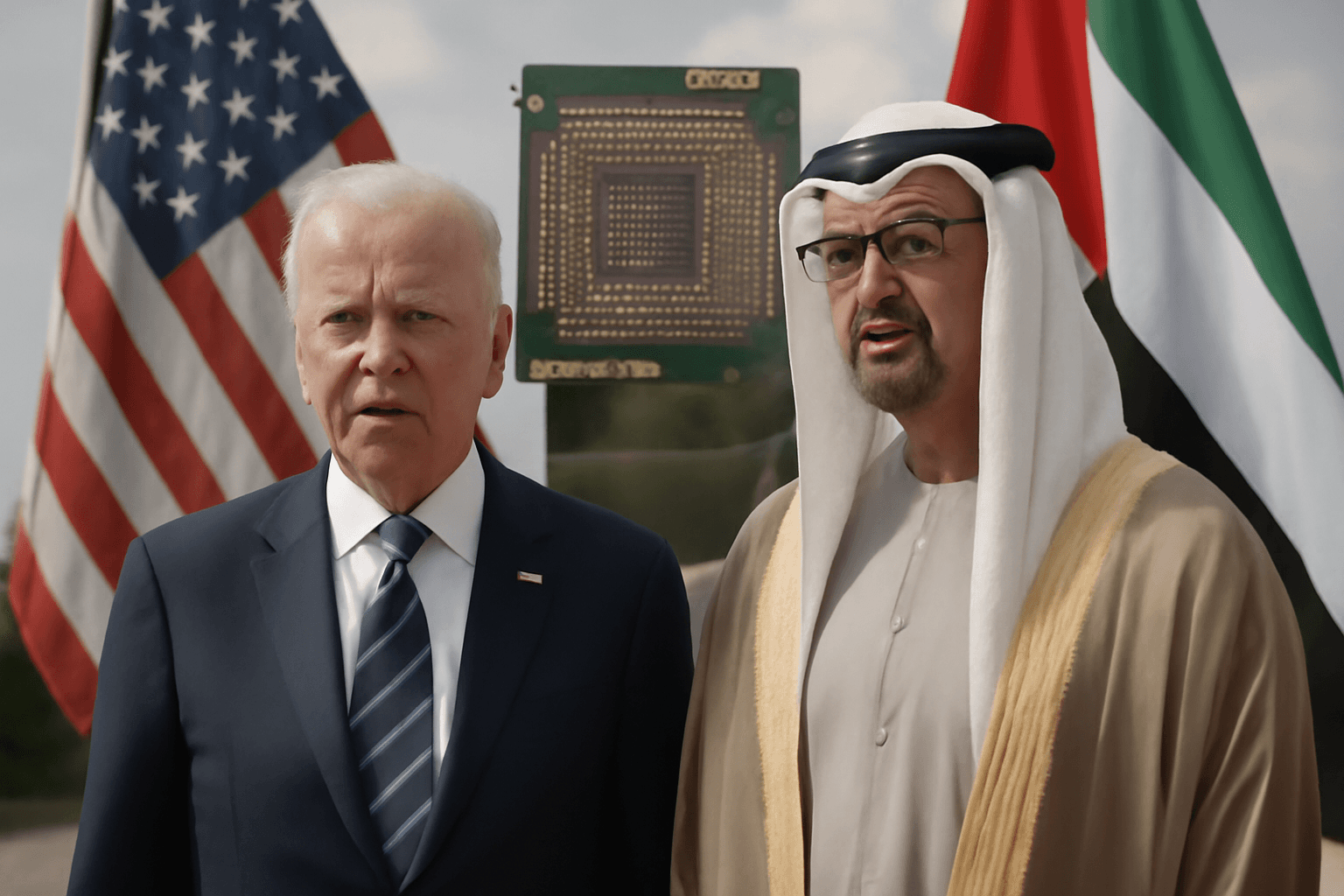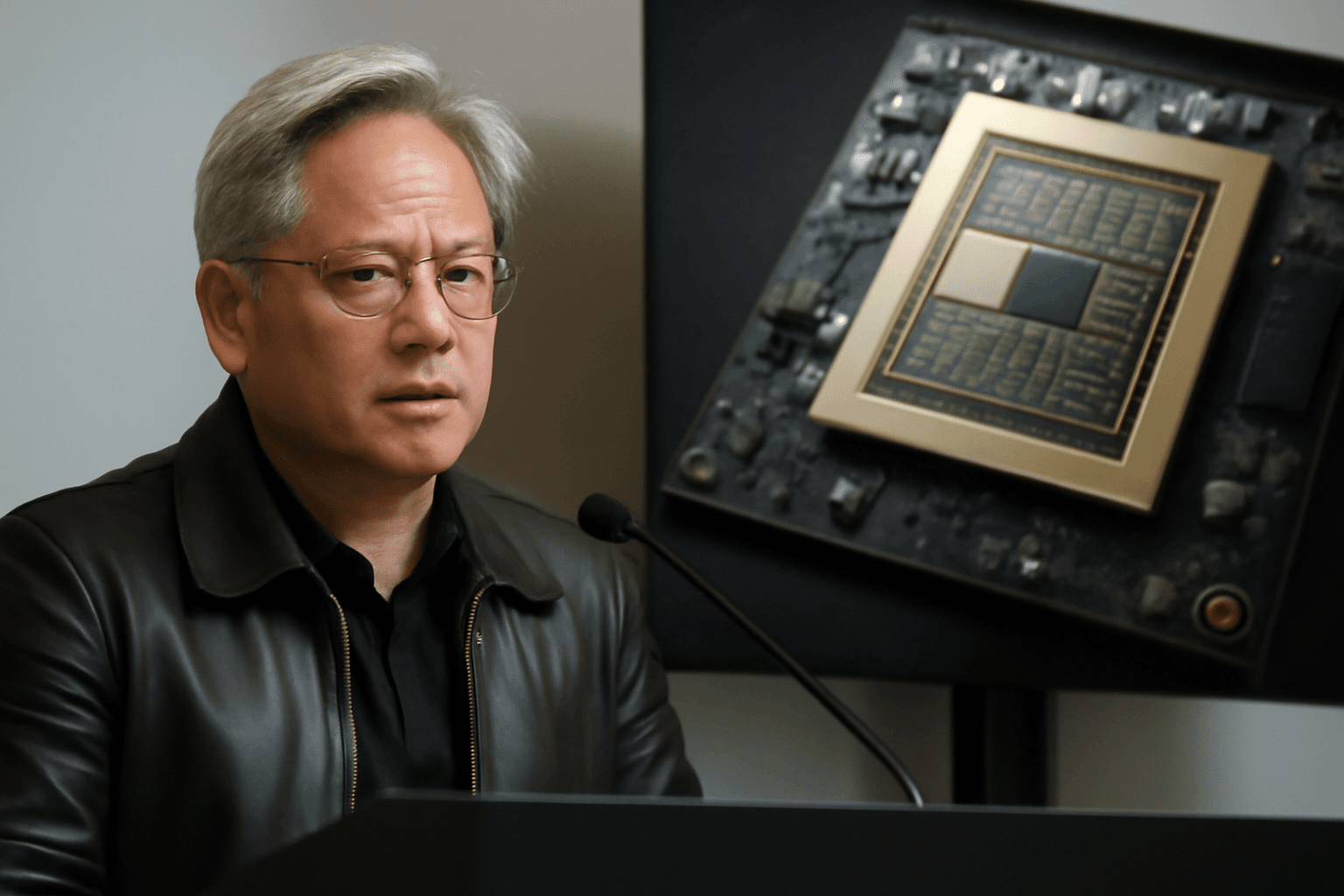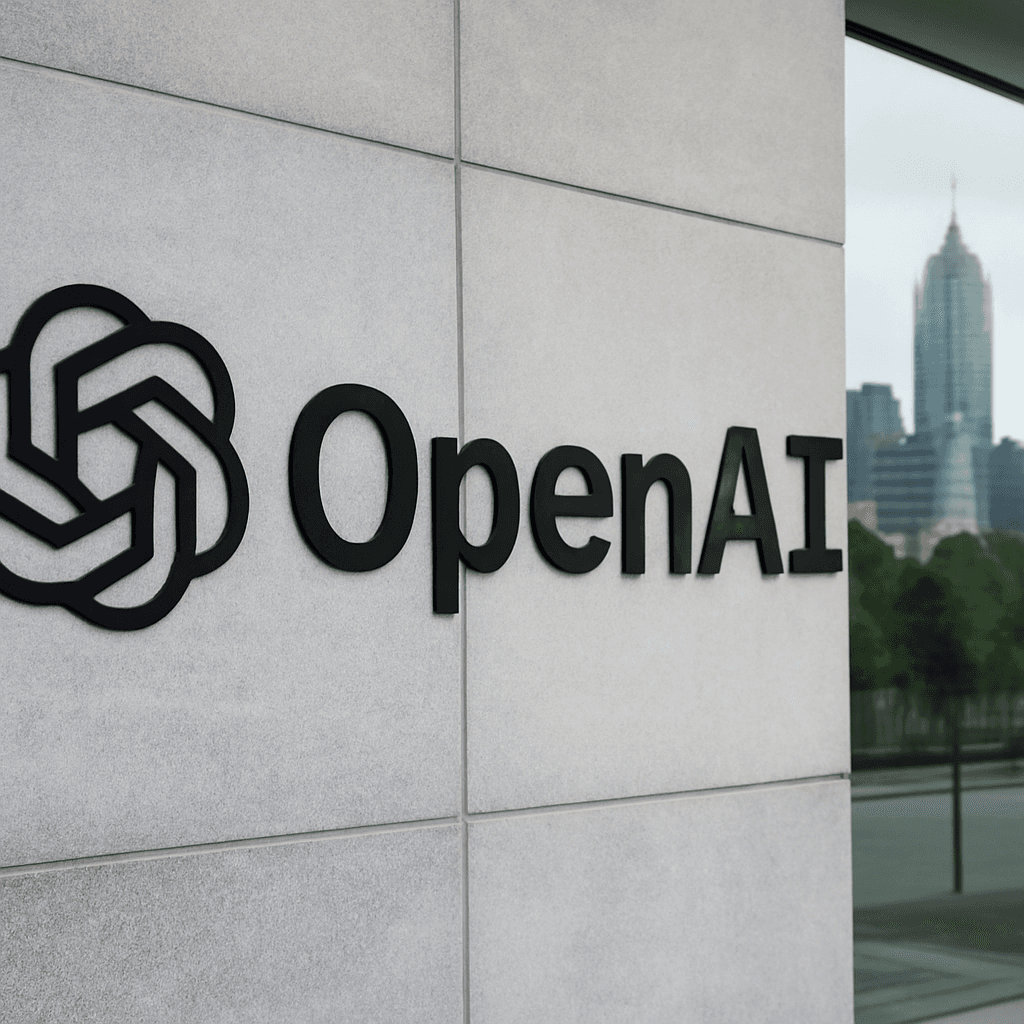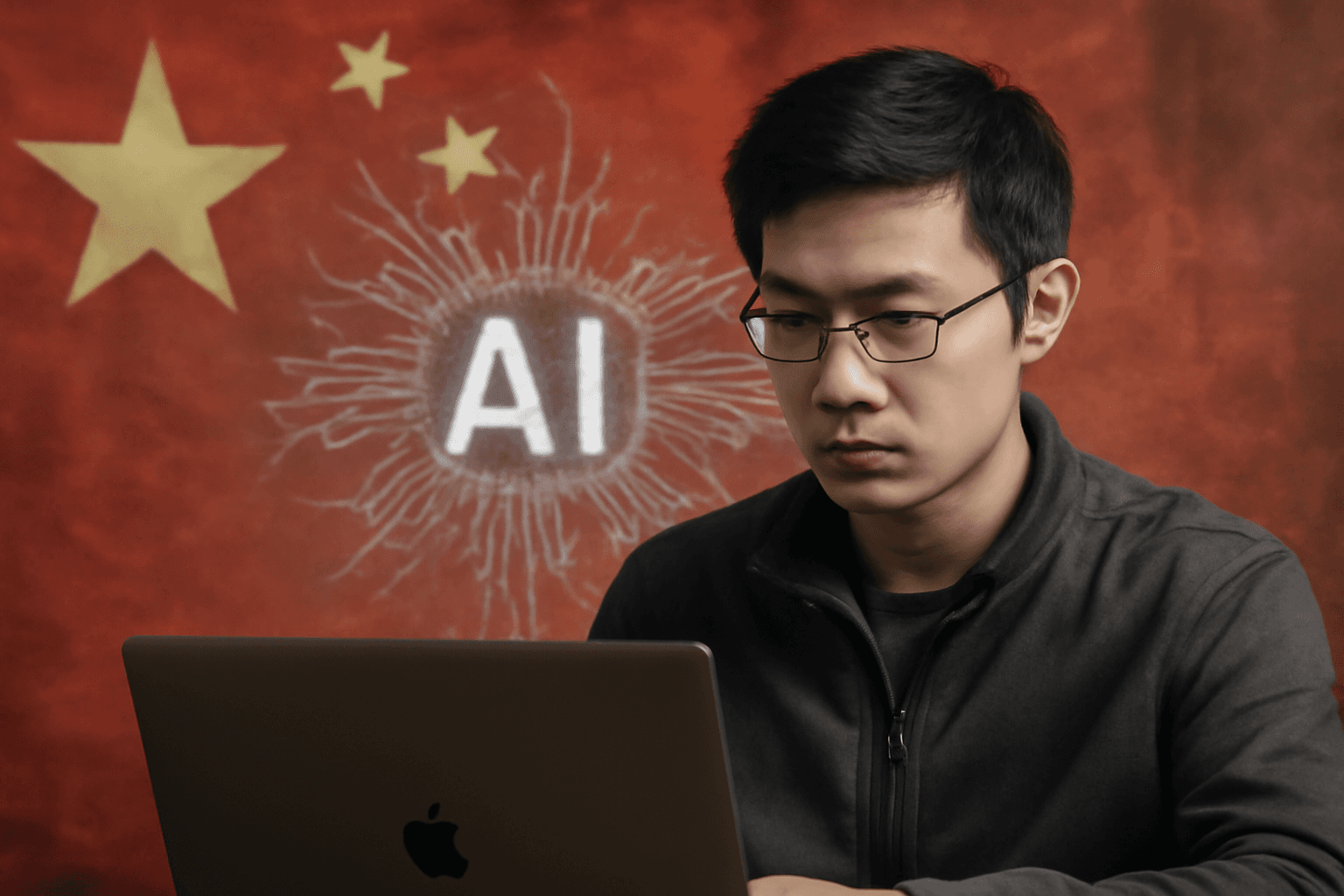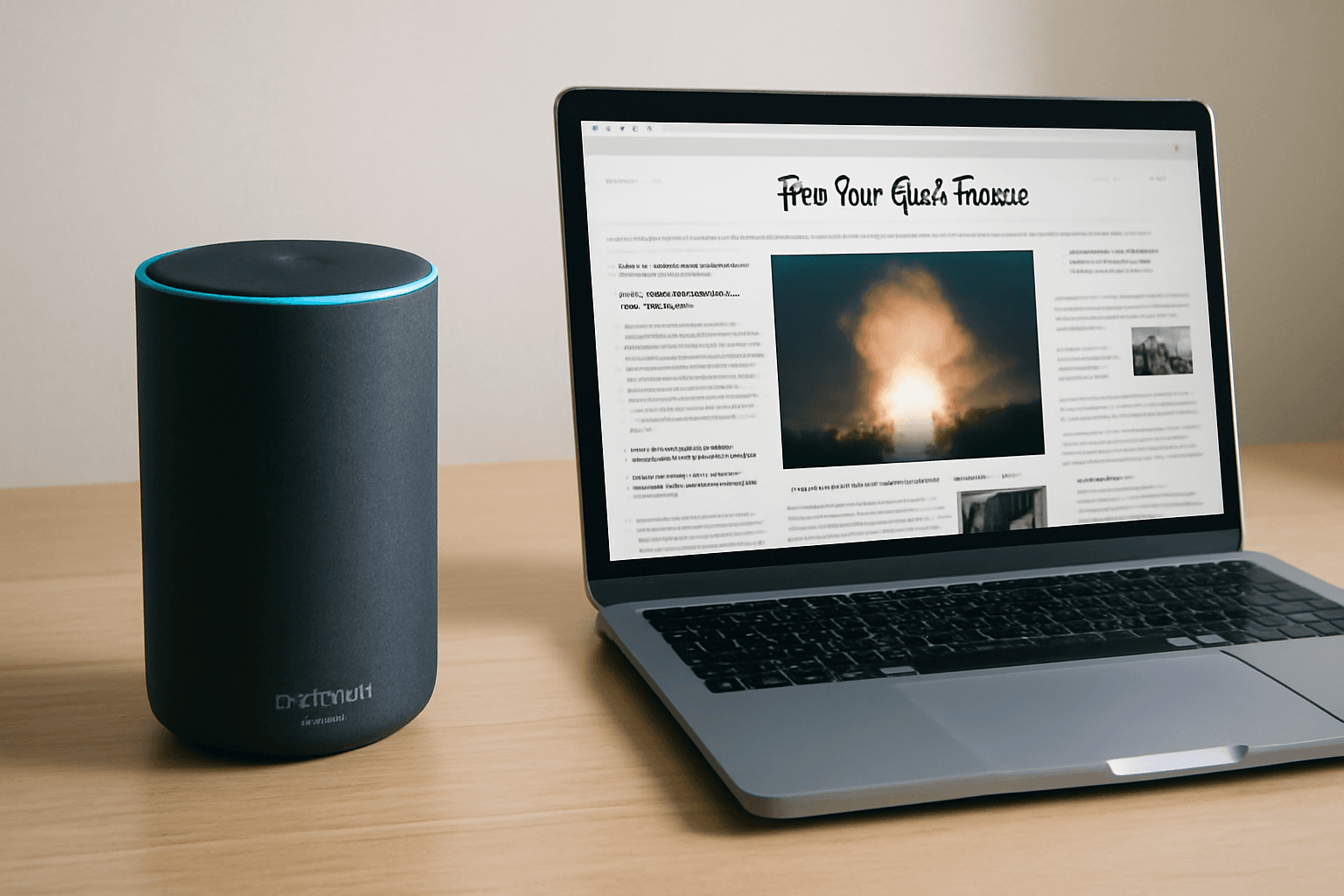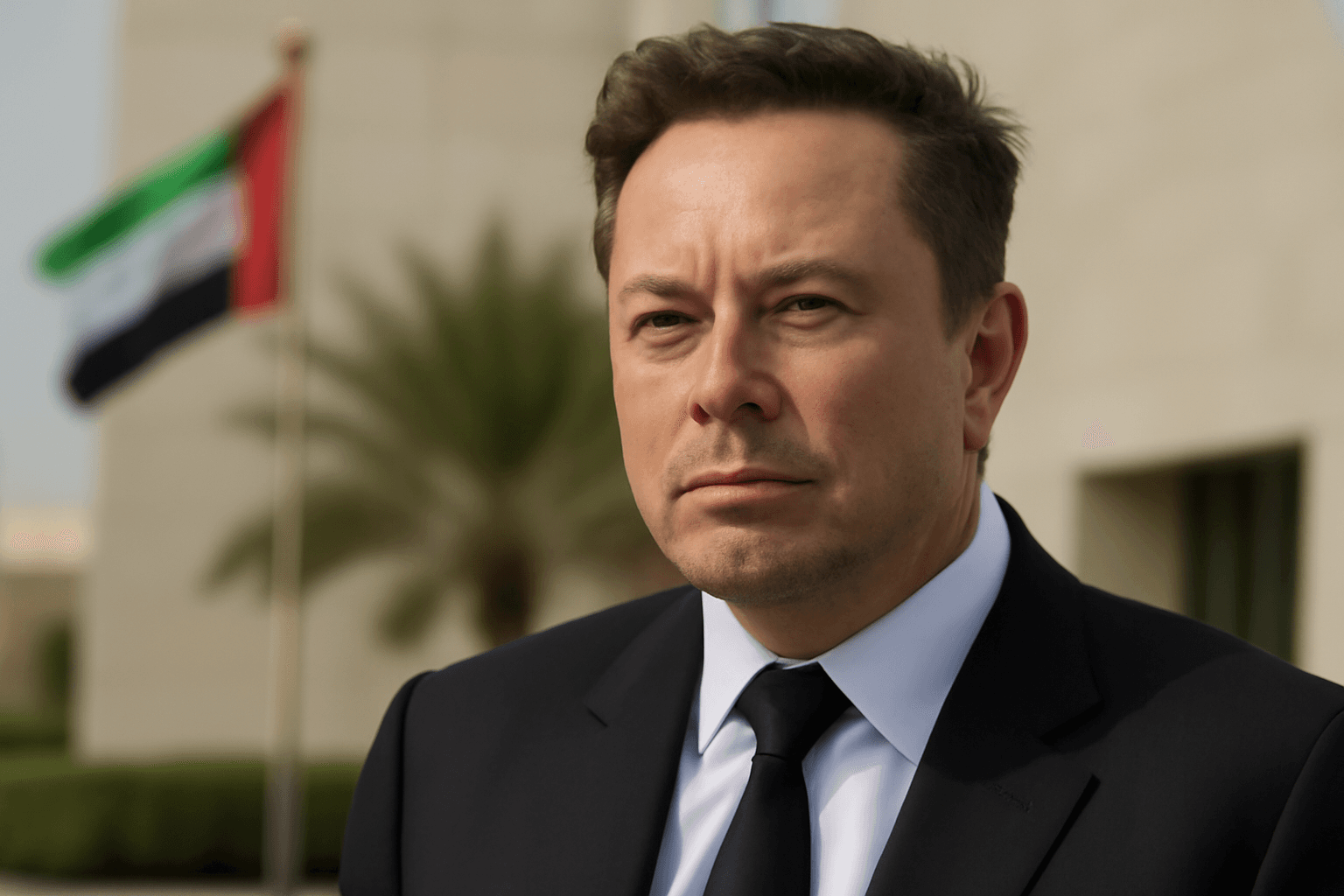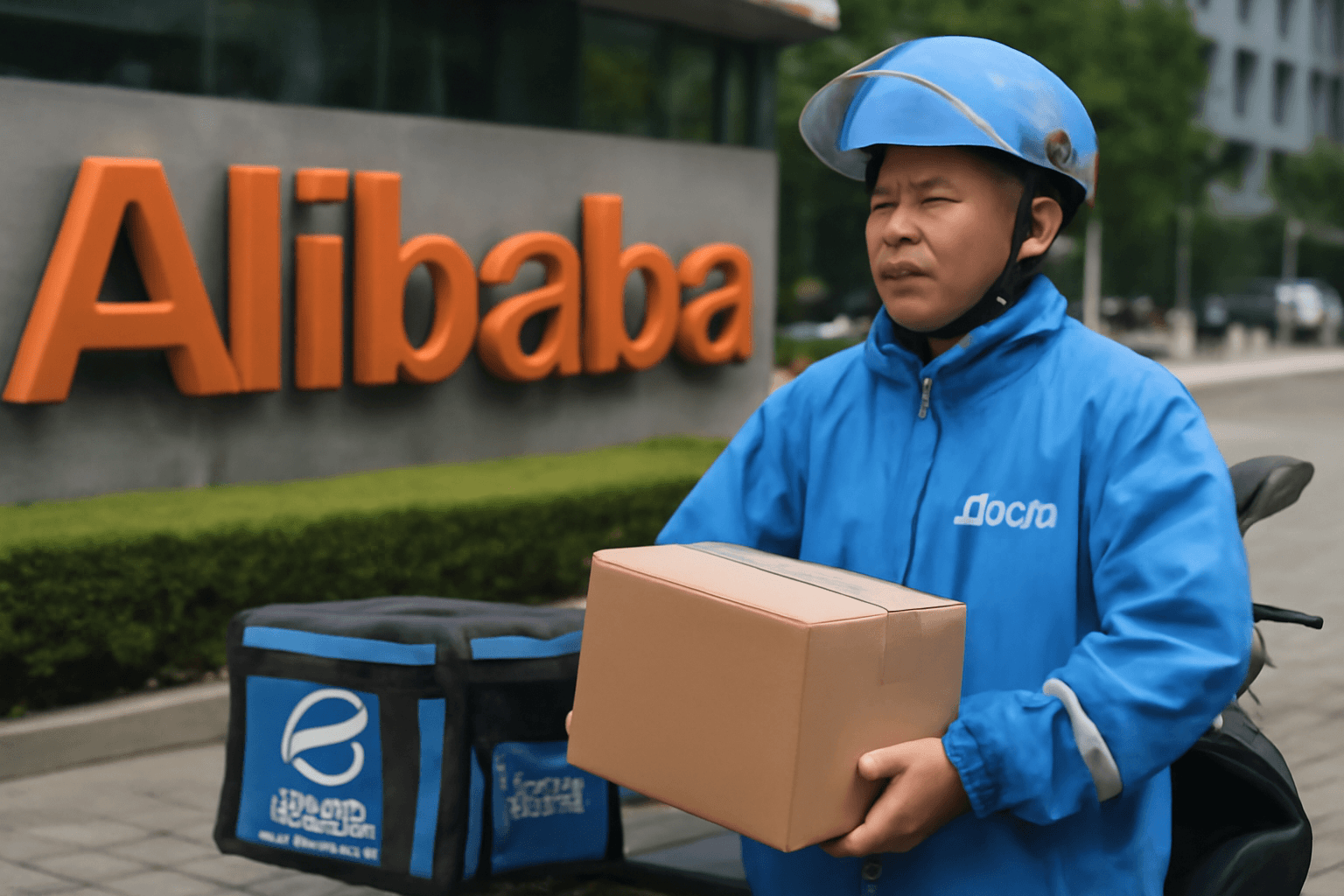OpenAI announced on Monday its plan to establish its first office in Seoul, South Korea, in response to the rapidly growing demand for its ChatGPT services within the country. South Korea currently ranks second only to the United States in the number of paying ChatGPT subscribers, highlighting the region's strong adoption of artificial intelligence technology.
As part of its expansion, OpenAI has set up a legal entity in South Korea and is actively recruiting personnel to support strategic partnerships and further developments in the market. The company indicated that additional details regarding its local operations and collaborations will be shared in the upcoming months.
Jason Kwon, OpenAI's Chief Strategy Officer, emphasized South Korea's comprehensive AI ecosystem, noting that it presents significant opportunities for impactful AI advancements across various sectors, from hardware innovation to software applications, benefiting diverse user groups including students and seniors.
Earlier this year, OpenAI revealed plans to develop AI products in partnership with Kakao, a leading South Korean chat application operator. Kwon, currently visiting Seoul, is also scheduled to engage with prominent political figures from both the main opposition Democratic Party and the ruling People Power Party, signaling OpenAI’s commitment to fostering strong local relationships.

